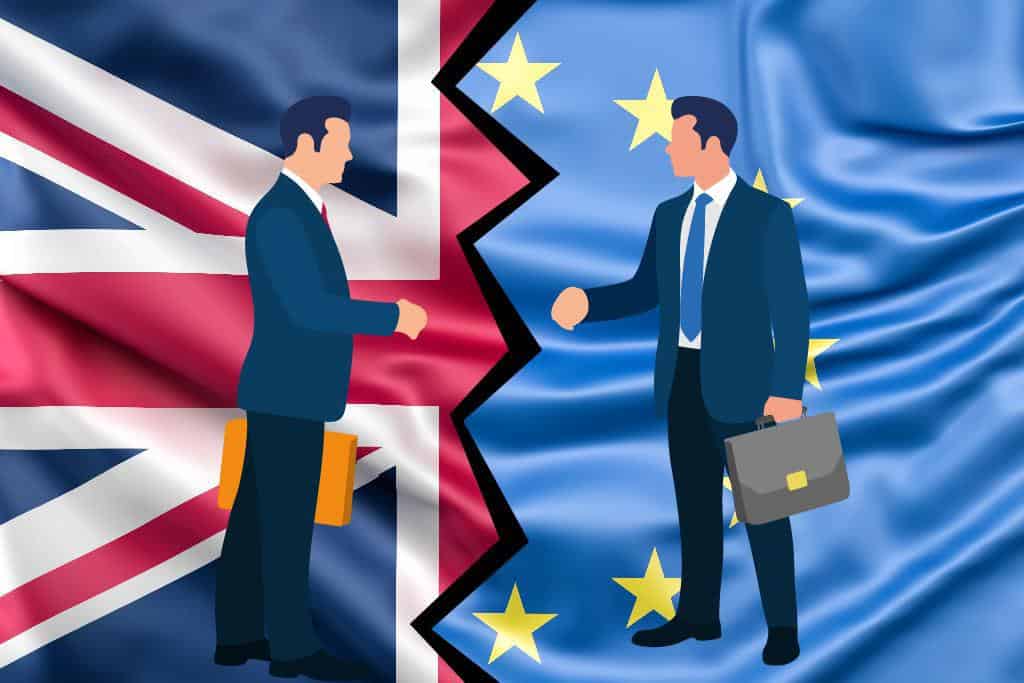
Relations between EU and the UK, what future?
Last updated on February 28th, 2023 at 11:56 am
The United Kingdom left the European Union on 31 January 2020 at midnight, when the withdrawal agreement entered into force.The entry into force of the agreement marks the end of the period under Article 50 TEU and the start of a transition period due to last until 31 December 2020. This transition period aims to provide time for citizens and businesses to adapt. According to the Council of EU, during this period, the UK will continue to apply European Union law but it will no longer be represented in EU institutions. The transition period can be extended once for a period of up to one or two years, if both sides agree to this before 1 July 2020.
As the UK has become a third country, negotiations on the future partnership between the EU and the UK started. The framework for this future relationship was set out in the political declaration agreed by both sides in October 2019.In a joint debate ahead of the EU summit covering future EU-UK relations and EU financing, on WednesdayMembers of the European Parliament (MEPs) urged Council to agree on the recovery plan.
“Parliament will not back a deal at any cost”, warned several MEPs commenting on the ongoing negotiations about the future relationship with the UK. They rejected the UK’s intention to select certain policy areas on which to negotiate while ignoring others.Several speakers underlined that both parties have to stick to the Political Declaration, signed by the UK and the EU last year, which provides a clear framework for a future relationship. MEPs also called for commitments to be met faithfully, among others in the interest of UK citizens in the EU and EU citizens in the UK, as laid down in the legally binding Withdrawal Agreement. Parliament hopes for a new dynamism to conclude talks, for which there are but 204 days left. A resolution assessing the talks will be adopted today, Thursday June 18th.
During a crunch video conference with Boris Johnson, the European Commission President, Ursula von der Leyen, said she would fight into the dying minutes to conclude an agreement. Both sides agreed to accelerate the negotiations over the coming months to ensure a deal is in place when the transition period expires on December 31. The Prime Minister has urged the bloc to work towards the basis of a deal next month.
On the next long-term EU budget and the COVID-19 recovery package, MEPs said that time is pressing and it is now in the European Council’s hands to quickly take the next important step: finding a common position among member states. The economy has to get back on track urgently, and the recovery plan “can get things going, but only with an ambitious long-term budget can we cross the finishing line”.Many MEPs also underlined that the Commission’s proposal is the bare minimum. In addition, the Parliament’s role has to be strengthened in devising and implementing the package, as “a crisis cannot be an excuse to undermine democracy”.
Also Read:- Canada sticks to two meter Guideline for physical distancing but not mask




